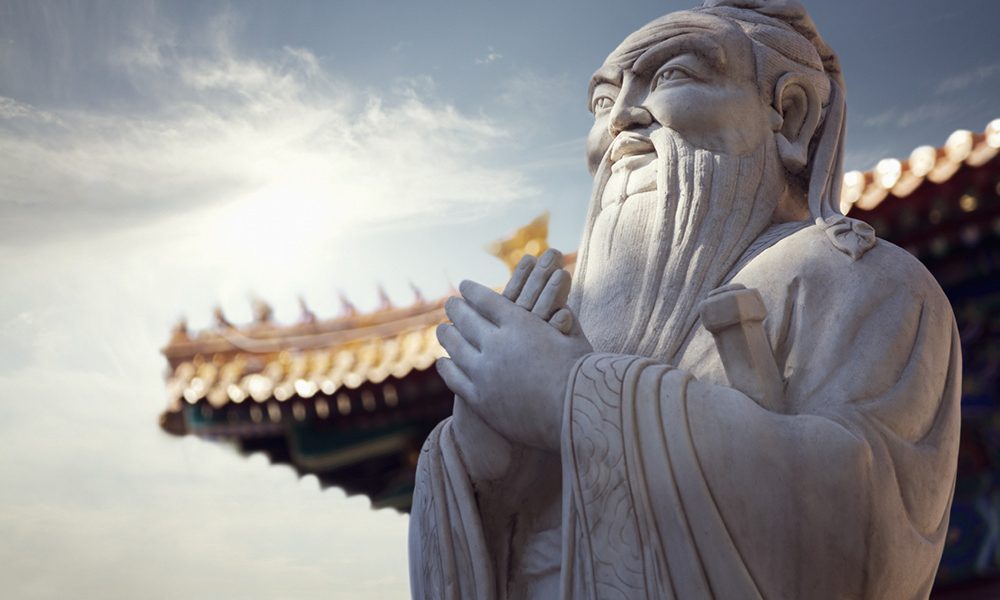kilkennybookcentre.com – Confucianism, a philosophical and ethical system developed by the ancient Chinese philosopher Confucius, has had a profound impact on South Korean society. Rooted in the teachings of Confucius, this ideology emphasizes moral values, social harmony, and the importance of education. This article explores how Confucianism has shaped various aspects of South Korean life, including politics, education, and social norms.
Historical Context
Confucianism was introduced to the Korean Peninsula during the Three Kingdoms period (57 BC – 668 AD) and became deeply embedded in Korean culture over the centuries. The Joseon Dynasty (1392–1910) particularly embraced Confucianism as the state ideology, which further solidified its influence on Korean society. The principles of Confucianism, such as filial piety, loyalty, and respect for authority, were integrated into the social fabric of Korea, influencing everything from family structures to governmental policies.
Political Influence
Confucianism has played a significant role in shaping South Korea’s political landscape. The emphasis on hierarchy and respect for authority has influenced the country’s political structures and governance. Historically, Confucian principles guided the establishment of a centralized government and the promotion of meritocracy through the civil service examination system. Even in modern times, Confucian values continue to influence political decision-making and the expectations of public officials.
Educational Impact
Education is a cornerstone of Confucian thought, and this is reflected in South Korea’s strong emphasis on academic achievement. The belief that education is the key to personal and societal improvement has driven the country’s investment in education. South Korea boasts one of the highest literacy rates in the world and places a high value on academic success, which is seen as a pathway to social mobility and national development.
Social Norms and Values
Confucianism has deeply influenced South Korean social norms and values. The principles of filial piety, respect for elders, and the importance of maintaining social harmony are still prevalent in Korean society. These values are evident in family structures, where the eldest members are highly respected, and in the workplace, where hierarchical relationships are maintained. Confucian ethics also emphasize the importance of personal integrity and social responsibility, which are reflected in the high levels of social cohesion and community involvement in South Korea.
Modern Challenges and Adaptations
Despite its deep roots, Confucianism has faced challenges in adapting to modernity. The rapid economic development and increasing exposure to Western culture have led to a reevaluation of traditional values. Some aspects of Confucianism, such as the emphasis on collective over individual interests, have been criticized for hindering innovation and personal freedom. However, there is also a growing movement to reinterpret Confucian principles in a way that aligns with contemporary values, such as gender equality and individual rights.
Conclusion
Confucianism continues to be a significant force in South Korean society, influencing its political, educational, and social structures. While it faces challenges in adapting to modernity, its core values of respect, harmony, and education remain deeply ingrained in Korean culture. As South Korea continues to evolve, the ongoing dialogue between traditional Confucian values and modern societal needs will shape its future development.
By understanding the influence of Confucianism, we gain insight into the cultural and social dynamics that have contributed to South Korea’s unique identity and its remarkable achievements in various fields.




